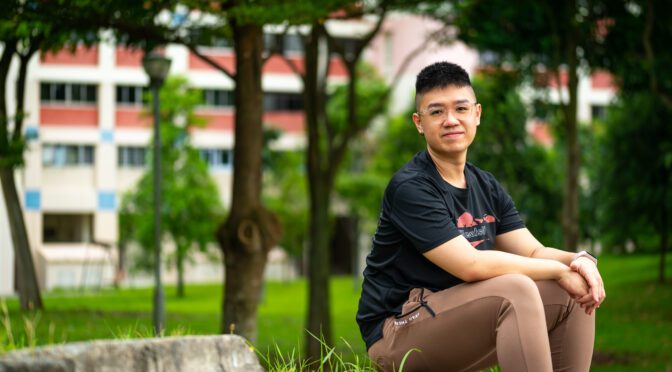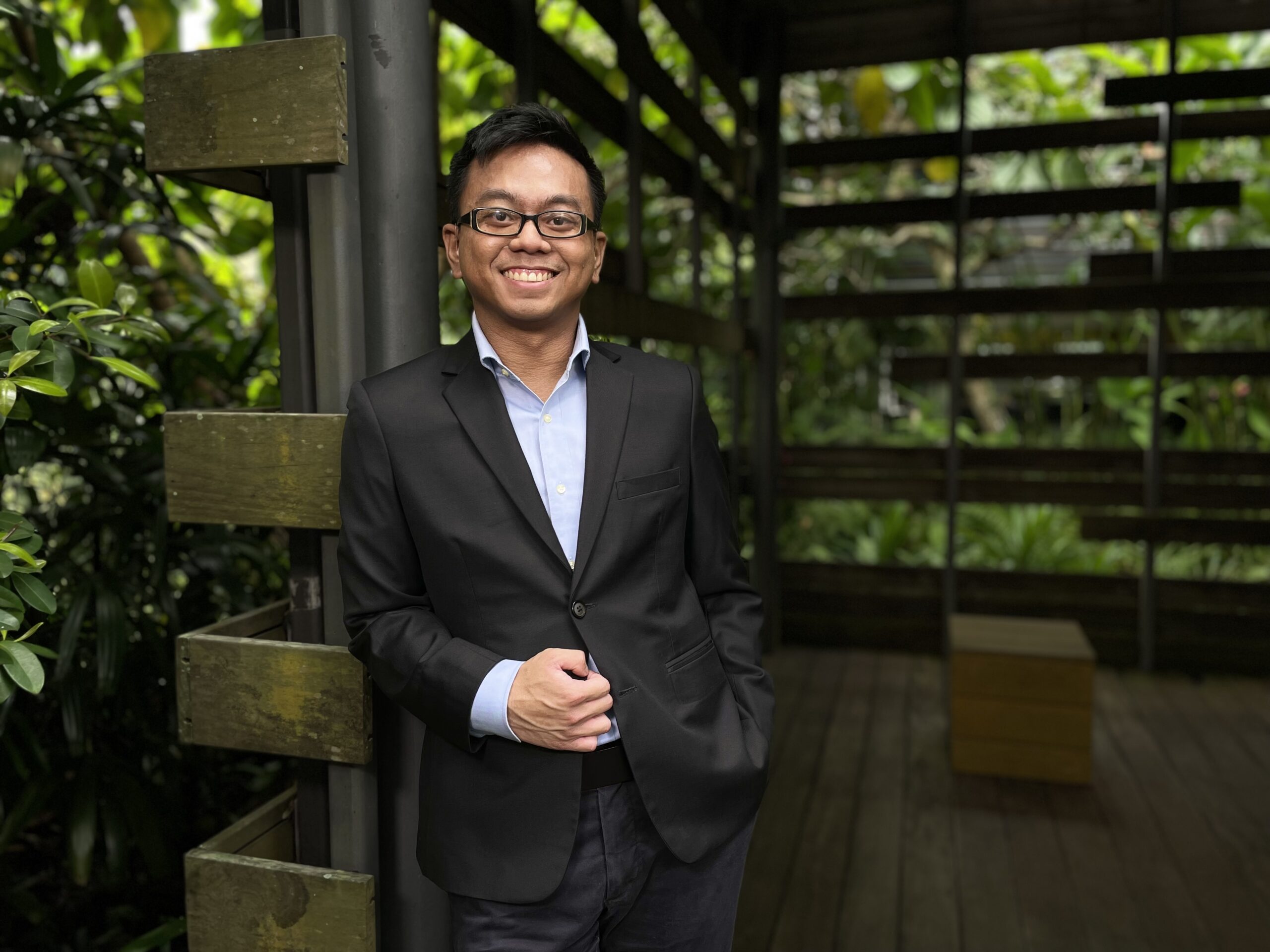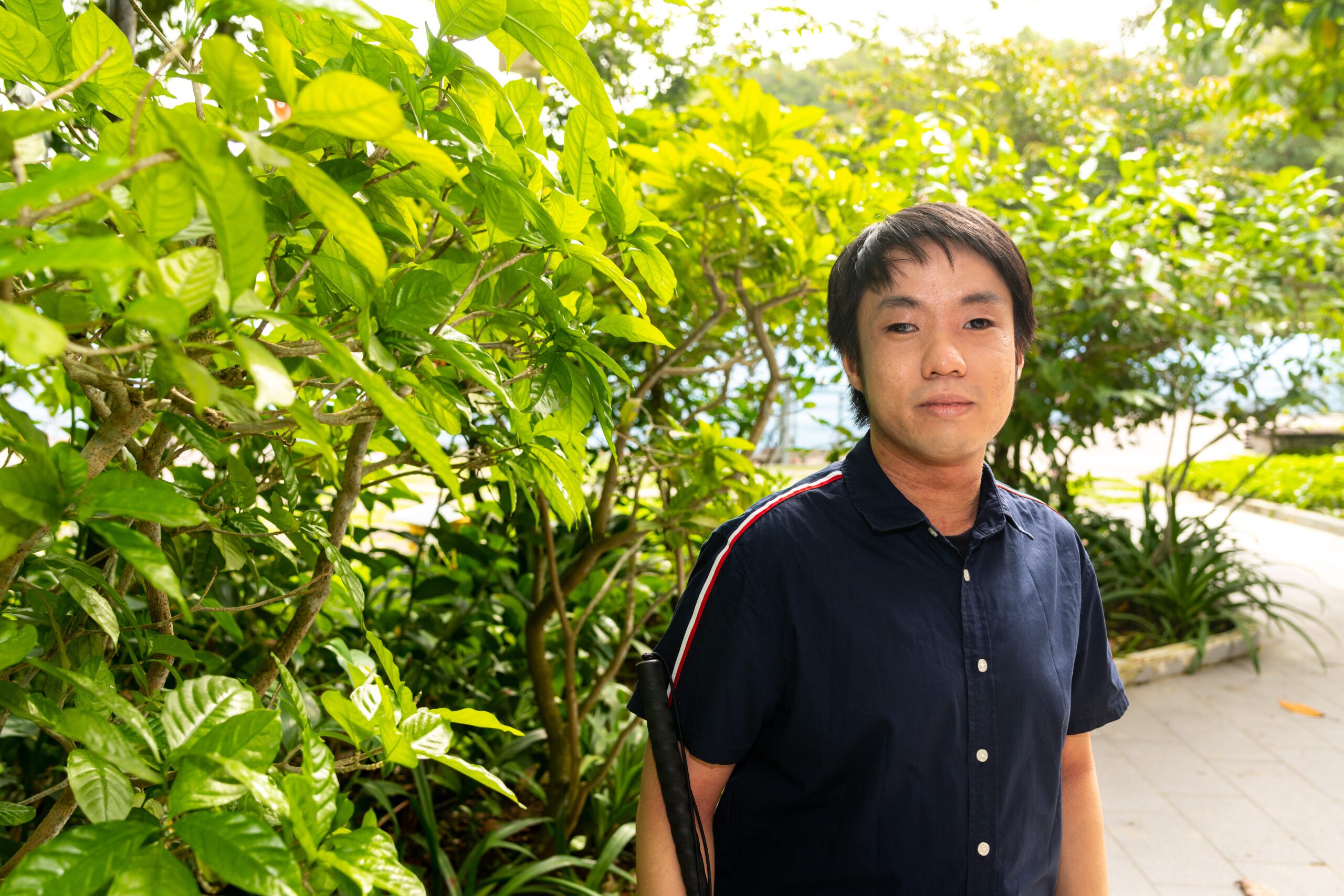Advice for inmates
On a whole, society has become more accepting towards ex-offenders, says Stervey, with organisations such as Eighteen Chefs and Prince’s Landscape leading the charge. “Initiatives such as Yellow Ribbon are doing a phenomenal job helping ex-convicts. But real change comes the day when the government walks the walk and hires ex-convicts. For a start, allow ex-convicts to work in ministries that don’t deal with sensitive information. Only then can we say that Singapore is a progressive country.”
For prisoners, re-entry to society is a road paved with obstacles. But if one is not willing to change, no amount of external help would matter. “Eighty per cent of released inmates reoffend. Many of them go back to drugs or their old ways, because they are not mentally ready or convinced that they can turn over a new leaf. That spark has to come from within.”
For determined ex-convicts, Stervey believes there is a myriad of opportunities for them — they just have to know what they want to do with their lives, and be willing to work for it. “After I lost my job, I thought the new opportunities were beneath me. Because of my stubbornness, I almost became bankrupt. And I fell into depression. Do not, because of your ego, pass up on small opportunities that can take you higher. I now understand that every single skill that I have is useful. I can be a trainer, an insurance or property agent. At the time, I didn’t think that being able to write seminar programmes would help me in any way. Now, I am able to develop my own course materials for my workshops. No experience that you acquire is ever wasted.
Singapore is one of the few countries in the world that rewards her people for learning. Each time I receive a professional diploma, I get a thousand dollars. I then use that money to upgrade and get even higher qualifications. For ex-convicts who want to create a new life, picking up the relevant skills you need to succeed in your new career is where you begin.”




